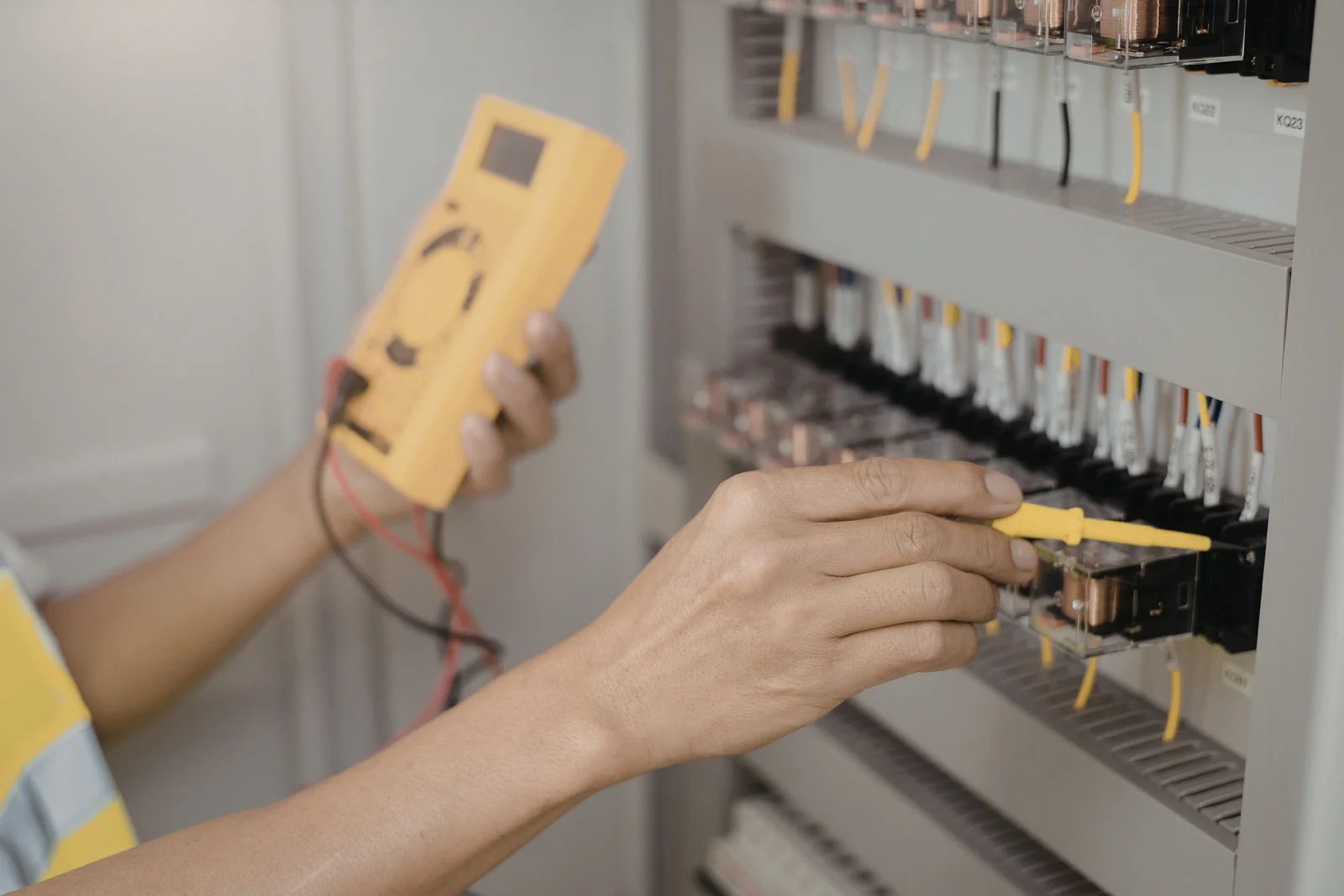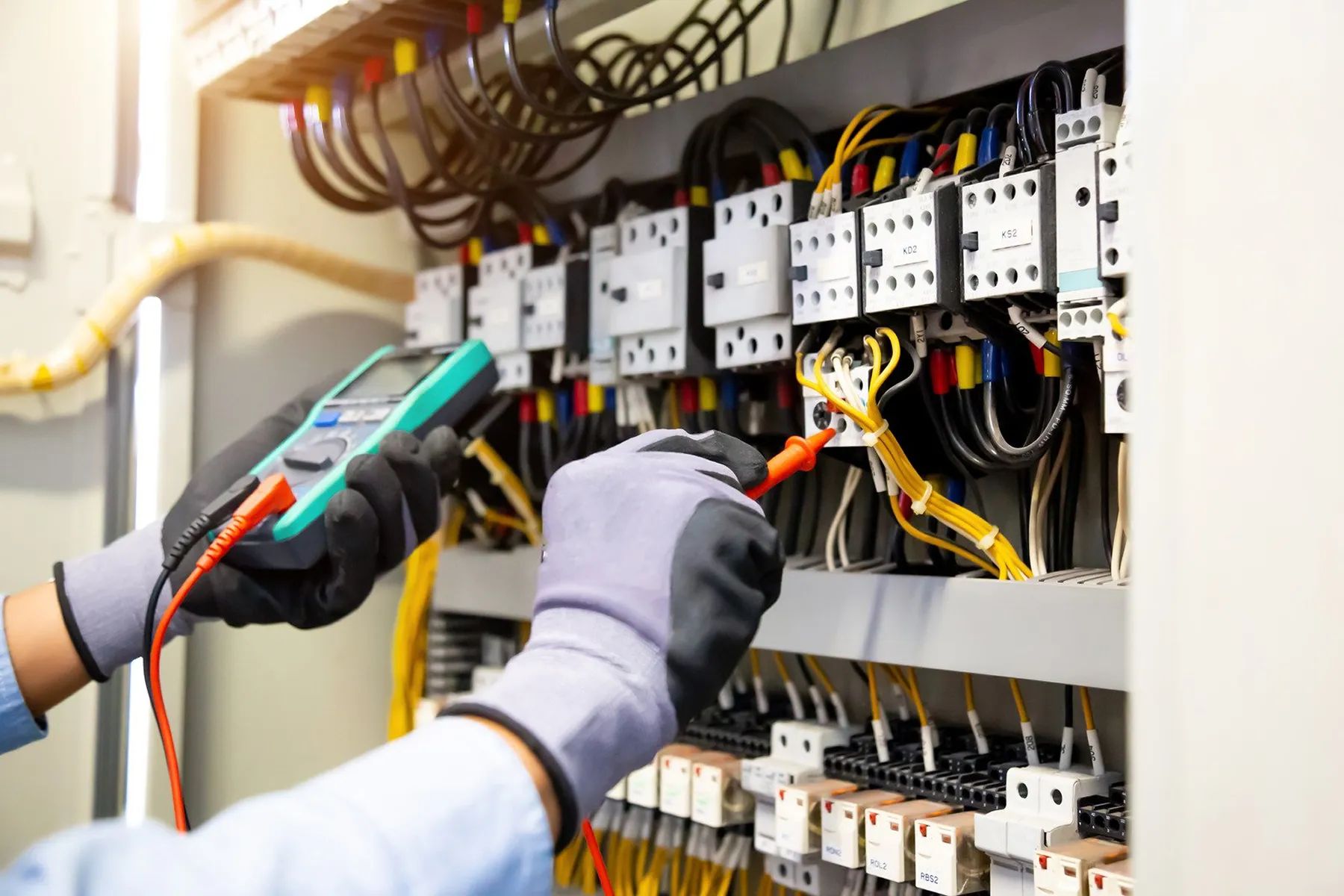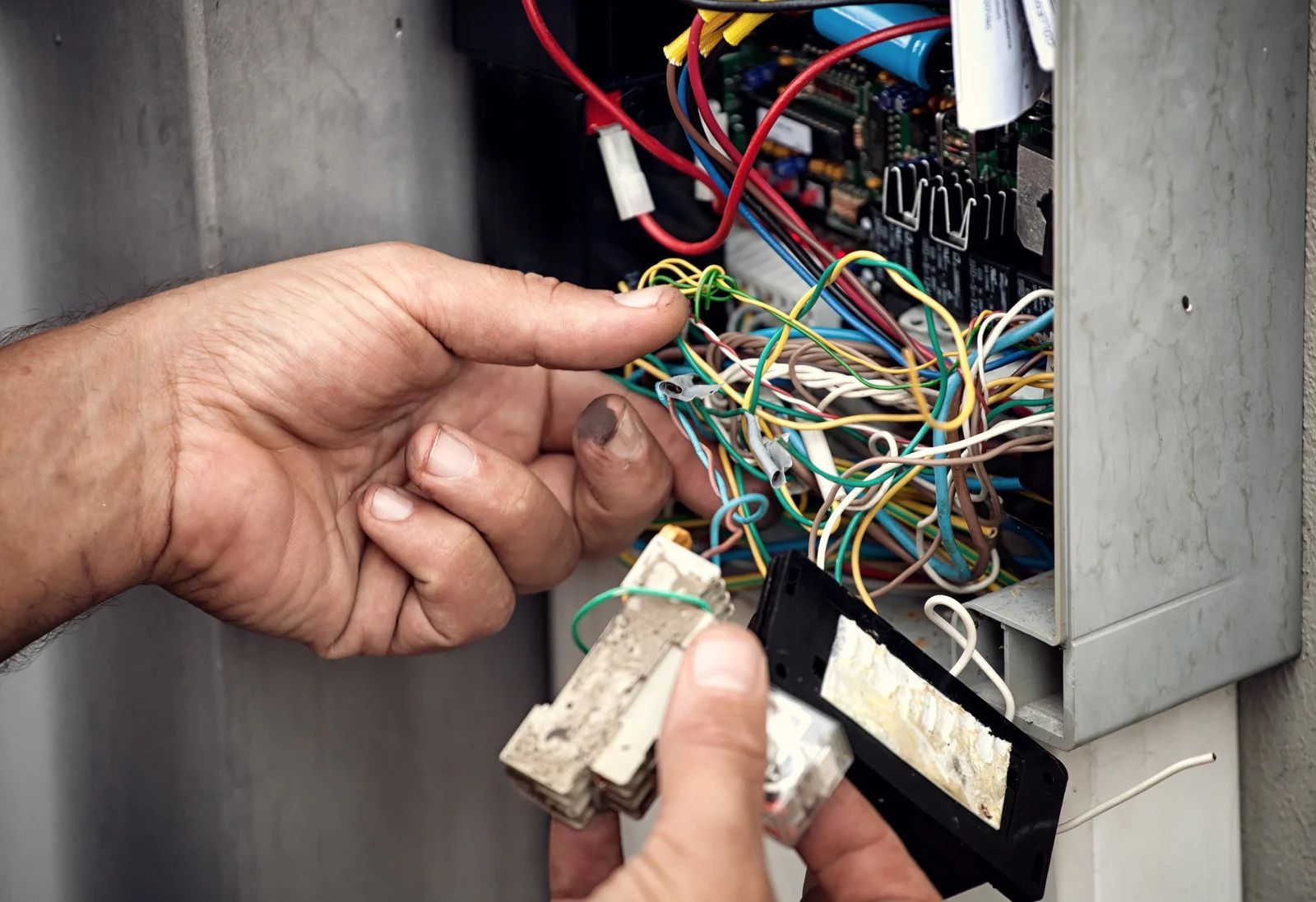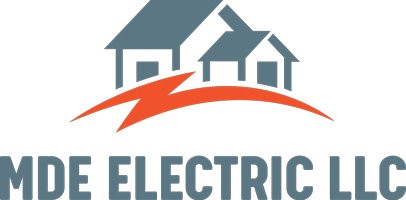How to Prevent Electrical Fires with Proper Maintenance
March 24, 2025
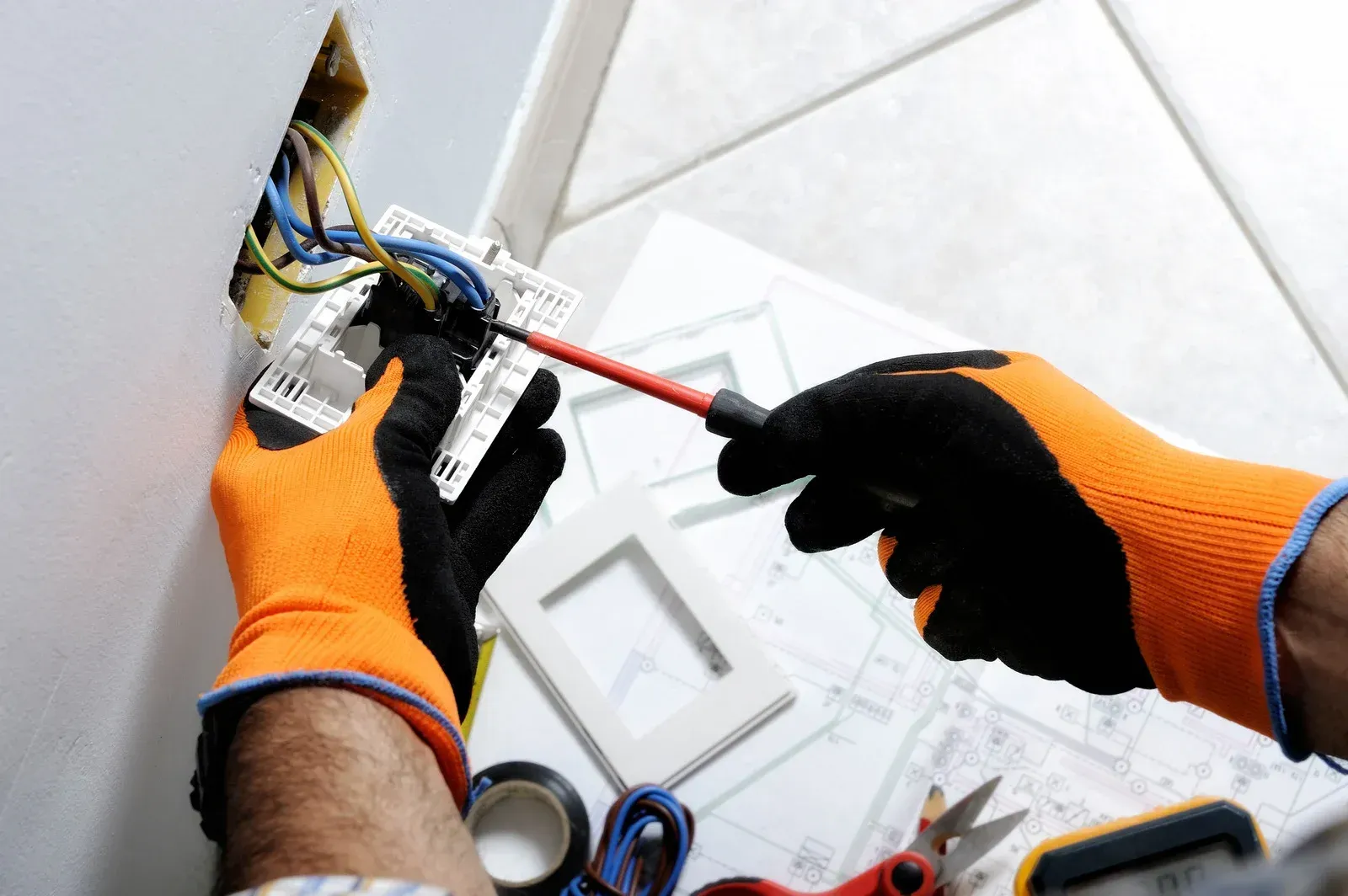
Electrical fires pose a serious threat to homes and businesses, causing thousands of incidents each year. The good news is that many electrical fires can be prevented with regular maintenance and proactive safety measures. By understanding common causes and following best practices, you can significantly reduce the risk of an electrical fire in your property.
Common Causes of Electrical Fires
Before discussing preventive measures, it’s important to understand what causes electrical fires. Some of the most common culprits include:
- Faulty Wiring – Aging or damaged wiring can overheat and spark a fire.
- Overloaded Circuits – Plugging too many devices into one outlet can cause overheating.
- Defective Electrical Appliances – Worn-out appliances and frayed cords increase the risk of fire.
- Improper Use of Extension Cords – Using extension cords as permanent solutions can lead to overheating.
- Lack of Electrical Maintenance – Ignoring small electrical issues can lead to major hazards over time.
Essential Maintenance Tips to Prevent Electrical Fires
1. Schedule Regular Electrical Inspections
Routine electrical inspections help identify hidden hazards before they become serious problems. A licensed electrician can check for outdated wiring, loose connections, and potential fire risks. Experts recommend having an inspection every few years, especially in older homes or commercial buildings.
2. Avoid Overloading Circuits
Each electrical circuit is designed to handle a specific load. Overloading a circuit by plugging in too many appliances can cause overheating and fire. To prevent this:
- Use surge protectors instead of overloading outlets.
- Distribute appliances across multiple circuits.
- Upgrade your electrical panel if your current system is insufficient for your power needs.
3. Replace Old or Damaged Wiring
Outdated or deteriorating wiring is a major fire hazard. Signs that your wiring may need an upgrade include:
- Frequent circuit breaker trips
- Flickering or dimming lights
- Burning smells near outlets
- Discolored or warm outlets If you notice any of these issues, contact a licensed electrician immediately.
4. Use the Right Extension Cords
Extension cords are meant for temporary use, not as a permanent solution. If you need more outlets, consider installing additional wall outlets instead. When using extension cords:
- Choose cords with proper wattage ratings.
- Avoid running them under rugs or furniture.
- Unplug them when not in use.
5. Inspect and Maintain Electrical Appliances
Regularly check household and office appliances for signs of wear and tear. Frayed cords, loose plugs, or exposed wiring should be replaced immediately. Also, unplug appliances when they are not in use to reduce the risk of overheating.
6. Install Whole House Surge Protection
Power surges can damage electrical systems and increase the risk of fires. A whole house surge protector safeguards your home by preventing voltage spikes from causing electrical damage.
7. Keep Flammable Materials Away from Electrical Outlets
Avoid placing flammable items such as curtains, paper, or cleaning supplies near electrical outlets, heaters, or appliances. This simple precaution can prevent a fire from spreading quickly.
When to Call a Professional Electrician
While DIY maintenance can help in minor cases, professional electrical services are essential for ensuring your system is safe and up to code. You should contact an electrician if:
- You experience frequent power surges or breaker trips.
- You hear buzzing sounds from outlets or switches.
- You notice sparks when plugging in devices.
- Your home’s wiring hasn’t been inspected in years.
Conclusion
Preventing electrical fires starts with proper maintenance and awareness. By scheduling regular inspections, avoiding overloaded circuits, and using safe electrical practices, you can protect your home or business from potential hazards. If you need expert electrical maintenance or upgrades, don’t hesitate to contact a licensed electrician for professional assistance. Prioritizing safety today can prevent costly and dangerous electrical fires in the future.
